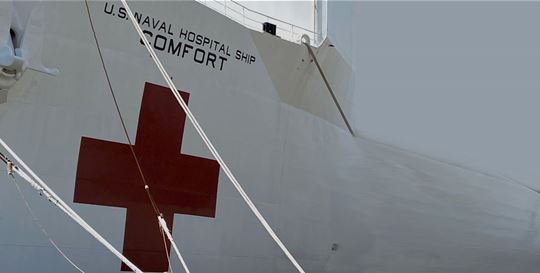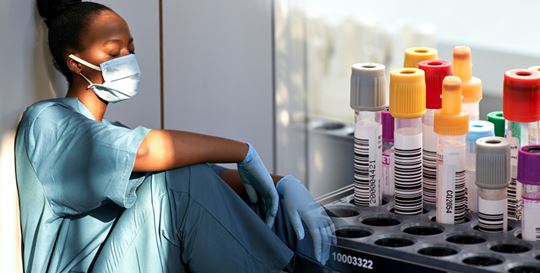On March 18, President Trump announced that the U.S. Navy will deploy the USNS Comfort and Mercy Naval Floating Hospitals to New York and Los Angeles, respectively. These naval ships will provide general hospital relief, allowing local hospitals to focus their attention on COVID-19 cases. We’re proud to have hematology and microbiology systems on board to alleviate medical needs in those locations.
For more than 16 years, we have supplied the U.S. Navy with the medical equipment needed to support humanitarian relief operations both domestically and globally.
You can read more on the U.S. Department of Defense website.

 English
English





